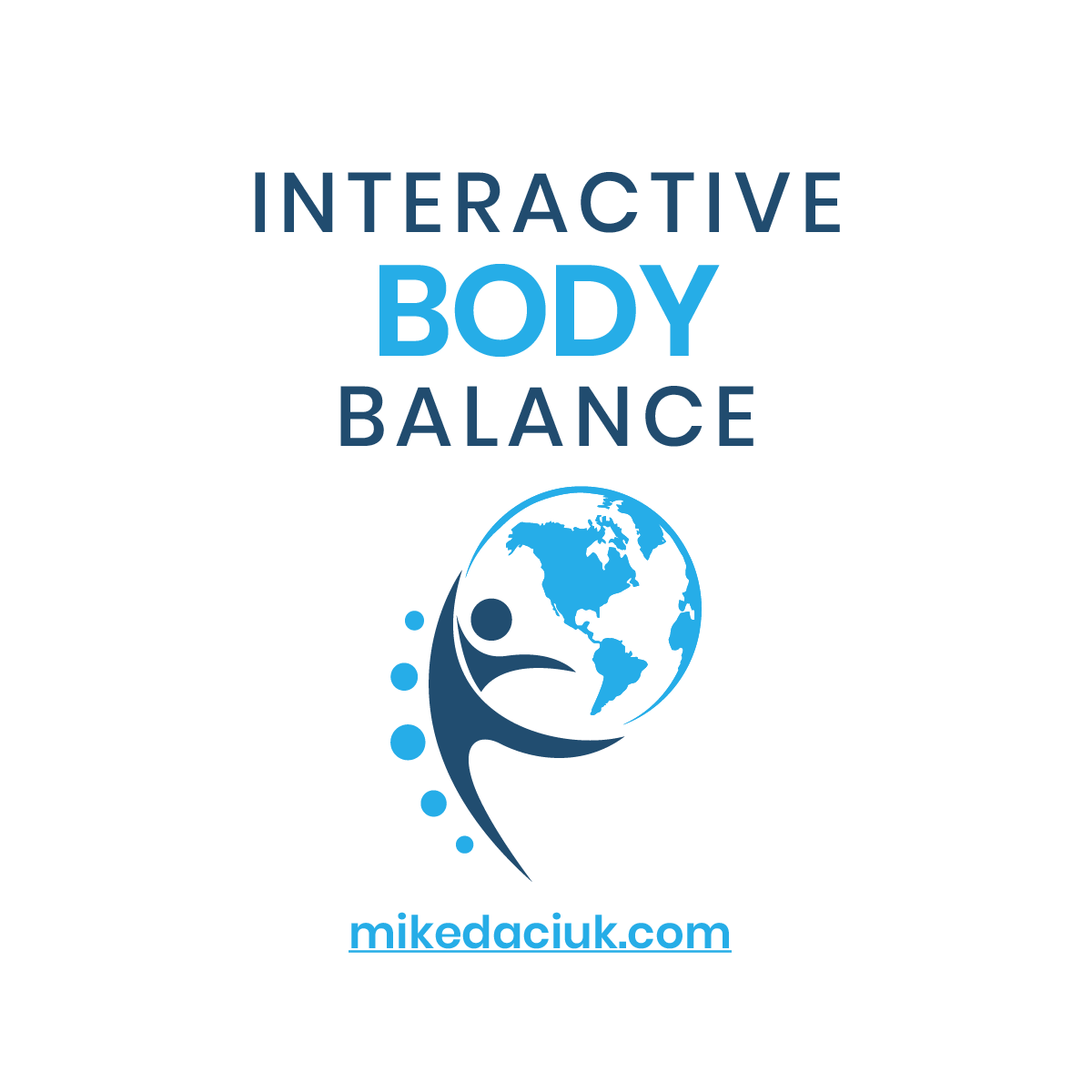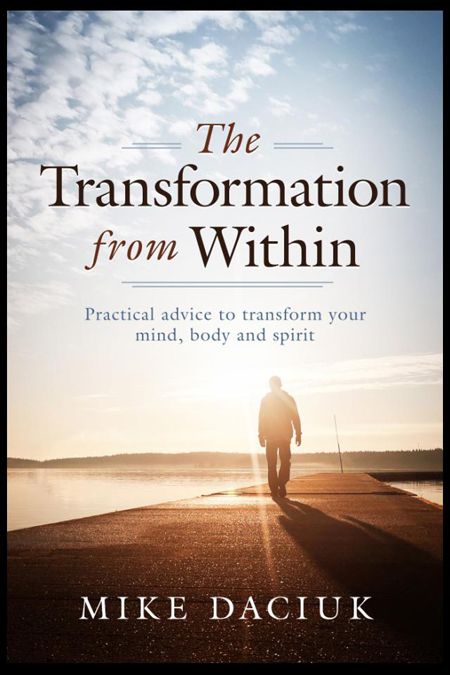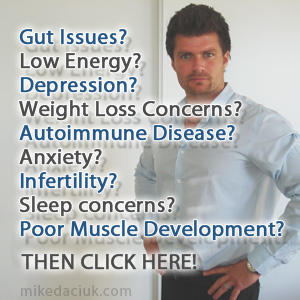Benefit to Hormones
So why does exercise even matter? In this section we will look at how exercise benefits your hormones. Remember that hormones are chemical messengers and extremely vital to your health and well-being. The first hormone is Irisin. Exercise causes the hormone to break off into your bloodstream and circulate throughout your entire body. Irisin has been shown in studies to reprogram fat cells to burn energy instead of storing it. This is important as people are always looking to increase their metabolic rate and increase proper energy expenditure. Increased Irisin levels are also starting to be correlated with longer telomere length. Telomeres are the ends of your chromosomes that we mentioned earlier in the book. The analogy is like shoe laces and the caps on the end. The shorter the cap, the shorter the life span. Shorter telomere lengths are linked to all kinds of disease.
The all and mighty testosterone is the next hormone we want to discuss and how exercise affects it. As many of you know, testosterone is responsible for libido, sex drive and bone, hair, and muscle growth. There is typically an increase in testosterone as soon as you finish your workout. This is when your body starts using the circulating testosterone to make muscle gains. It should be noted that testosterone is created primarily during high intensity, heavier lifting anaerobic exercise. This means that the exercises are typically less than two minutes in length with a break in between sets. You are using glucose as your fuel and are not dependent on oxygen as your reserve. Think anaerobic is without oxygen and aerobic is with oxygen. Testosterone will also support production and replication of new red blood cells. This is important because red blood cells carry oxygen throughout the body and this has a cascade of benefits for many other chemical reactions in the body. The third benefit of exercise on hormones pertains to Peptide YY. It is a hormone released in your gut that acts on areas of the brain to reduce appetite and increase satiety after a meal. We discussed this in the gut/brain section of the book. This is produced during the aerobic phase of exercise.
As you can tell already, exercise has a profound impact on your hormones and generating a great deal of benefit. Two hormones that are closely tied to your adrenal glands and utilized during stress are epinephrine (adrenaline) and norepinephrine. When you are working out, you are actually putting additional stress on the body. To deal with this additional stress, your body releases these hormones. One of epinephrine’s responsibilities is to cause constriction of the blood vessels. As we discussed earlier in the allergy section and restriction of breathing, people with life or death allergic reactions are given adrenaline to reduce the swelling so they can breathe. Norepinephrine on the other hand is responsible for keeping your blood vessels under tension. This is the cause of the increase in blood pressure that is experienced during exercise. So having the blood vessels being slightly constricted and under tension means that your heart will have to work harder. This is how people improve and get better in health and competition. The more you train your body and the harder you push yourself, the more hormones that are secreted. A couple of other hormones I see in my practice are aldosterone which helps your body limit sodium excretion. It’s important for your body to conserve sodium so that it can maintain a good electrolyte balance. My favourite one as you know is cortisol and its job is to maintain stable blood sugar levels during rigorous exercise. The final hormone that is affected from exercise is Growth Hormone. It is made up of almost 200 amino acids and is responsible for protein synthesis and cell transport. It is excreted in high levels during exercise and hence why working out is great for your hormones and body.
www.mikedaciuk.com
https://www.thenutritionalsource.com/improving-your-health-today-with-easy-workouts/



